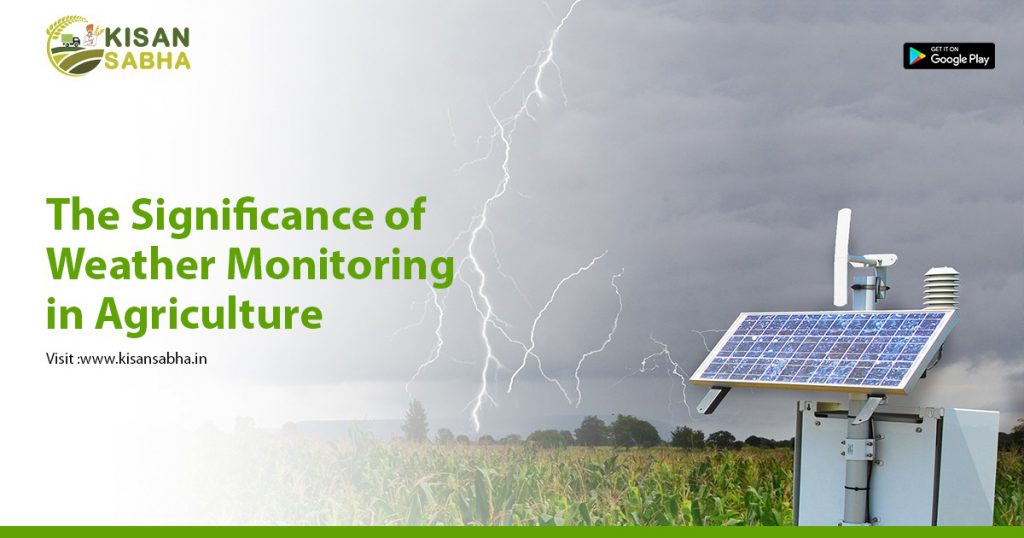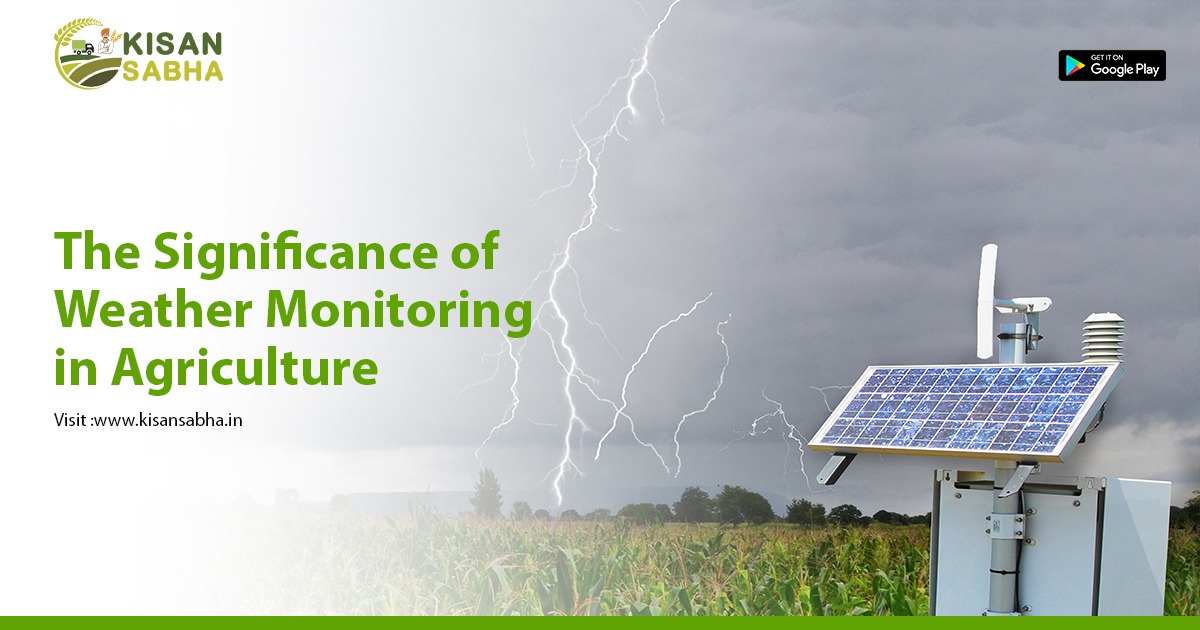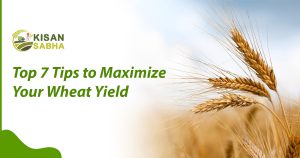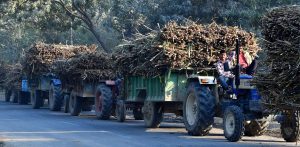We are all concerned about the weather. Not only do we wish for warm, sunny weather so that we can swim, enjoy nature, or carry out important farm tasks, but we also wish for rain so that we can water the plants or dance with an umbrella on the wet street.
However, unlike in other industries, the weather is the most important factor influencing farm production. It can have an impact on crop growth, total yield, pest occurrence, water and fertiliser requirements, and all farm activities performed during the growing season. In other words, farming under the open sky is highly dependent on the weather and is vulnerable to its mood swings, especially now that climate change is causing unpredictable weather that is beyond human control.
The Farmer vs. Unpredictable Weather
A farmer cannot control the weather. He can, however, adapt to the situation and implement additional farm management practises to reduce crop losses. As a result, accurate weather information is critical for planning farm activities without adverse events.
Being aware of real-time weather conditions such as air and dew temperature, precipitation, and humidity is the best way to protect crops and ensure a high and healthy yield. Drought, flood, hail, or frost can all cause instant plant stress, resulting in failed production and increased costs.
Accurate weather forecasts are the only way to manage and ensure profitable crop production. It is available on any device (radio, TV, mobile, or computer) and is extremely valuable to farmers whose success is heavily dependent on the weather.

Weather monitoring determines farmer success.
Crop growth is highly dependent on the weather. Some crops require specific high or low temperatures to initiate germination and continue development. Temperature and humidity, on the other hand, are frequently used to forecast the occurrence of various insect pests and diseases. Farmers can plan sowing, protection, harvesting, and other field activities based on this data to avoid negative weather effects and yield losses.
is the sole determinant of crop yields. It includes weather observations from each field to provide information on crop growing conditions at the time.
Weather monitoring provides a variety of measurement options for providing useful information about soil and crop conditions, including:
- Temperatures in the air and on the ground
- Humidity relative
- Moisture in the soil
- Rainfall
- Wind speed and direction
- Evapotranspiration
All measured characteristics may get utilised for specialised field activities such as irrigation event scheduling, insect alert models and identifying the ideal time for crop fertilisation and protection. Farming with weather data is essential for successful farm management. More importantly, it promotes sustainable agriculture, thereby protecting the environment.
Farmers nowadays use weather stations to precisely measure environmental conditions. There are several types available, each with its own set of measured parameters, work precision, and work range.
Farming is the most important industry because it provides us with food that we need to live. Despite the numerous effects of climate change, farming must be more productive and sustainable than ever. As a result, accurate weather monitoring is critical to achieving healthy plants as well as increased productivity and profitability.
Visit us- kisansabha.in




